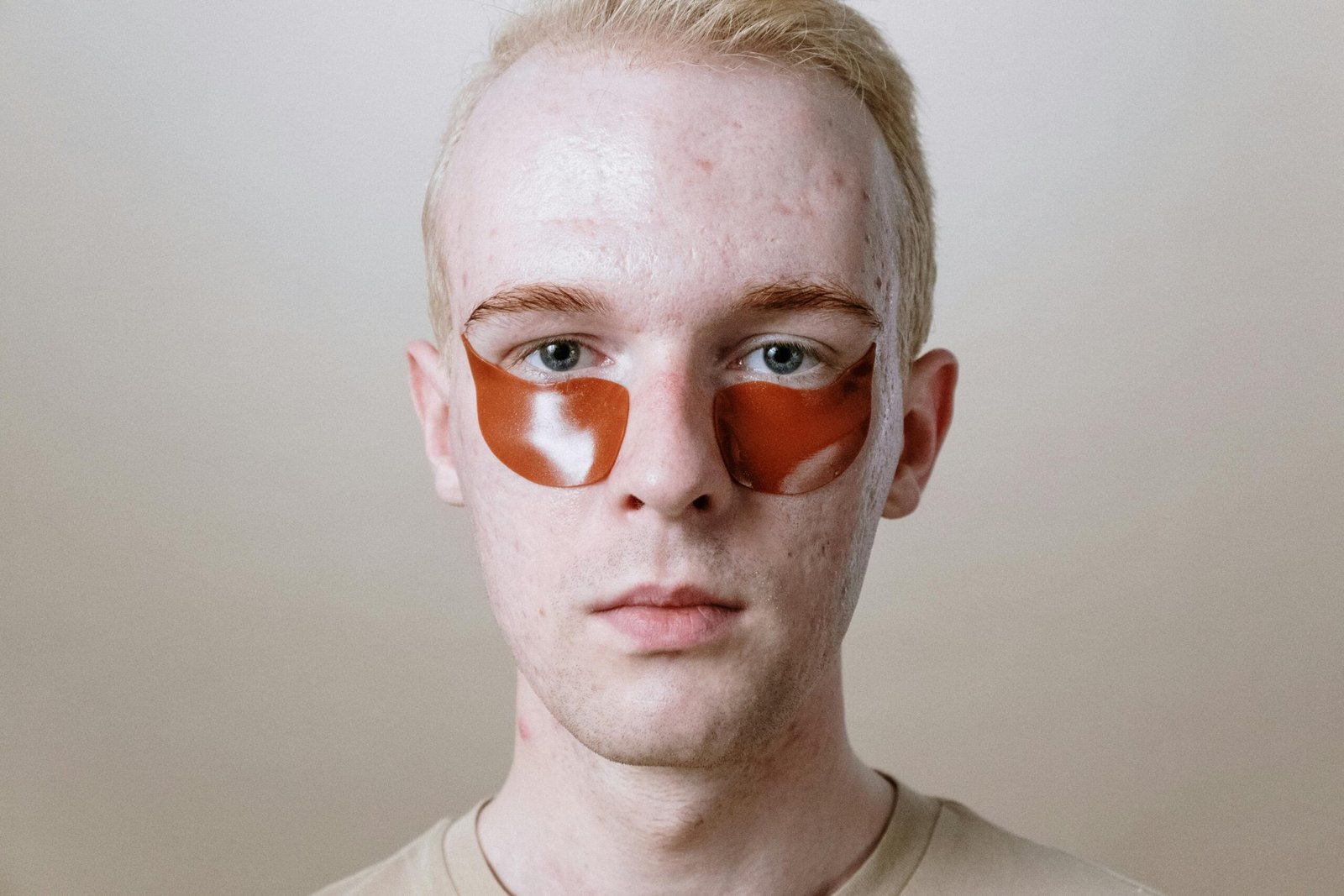Hormonal acne can feel like an uphill battle, especially in adulthood. Unlike teenage acne, which often responds to basic cleansers and spot treatments, adult hormonal acne is fueled by shifting hormone levels that increase oil production and inflammation.
The good news? With the right combination of targeted treatments and healthy lifestyle choices, you can manage hormonal acne effectively. In this guide, we’ll explore the best acne treatments for hormonal acne—including dermatologist-recommended products, prescription options, and natural remedies—to help you find what works best for your skin.
What Makes Hormonal Acne Different?
Hormonal acne usually:
- Appears as deep, cystic breakouts on the jawline, chin, and lower cheeks.
- Follows a cyclical pattern—flaring up around menstruation or hormonal changes.
- Comes with oily skin and inflammation that makes breakouts more stubborn.
Because hormones are the main trigger, a customized hormonal acne treatment plan is often needed.
Top Treatment Options with Product Recommendations
1. Topical Treatments (Best Place to Start)
Dermatologists often recommend starting with topical treatments that target clogged pores, oil, and bacteria.
- Retinoids: Promote cell turnover and reduce inflammation.
- Product picks: Differin Adapalene Gel 0.1% (OTC), or prescription tretinoin.
- Azelaic Acid: Brightens skin, calms redness, and fights bacteria.
- Product pick: The Ordinary Azelaic Acid Suspension 10%.
- Benzoyl Peroxide: Kills acne-causing bacteria.
- Product pick: PanOxyl Acne Foaming Wash 10%.
- Salicylic Acid: Exfoliates and unclogs pores.
- Product pick: CeraVe Renewing SA Cleanser.
Tip: Always pair these with a gentle, fragrance-free moisturizer to protect your skin barrier.
2. Oral Treatments (Doctor-Prescribed)
If topical solutions aren’t enough, oral options can help regulate hormones from within.
- Spironolactone: Helps reduce testosterone’s impact on oil production.
- Ask your dermatologist if this is right for you.
- Antibiotics (short-term): Reduce inflammation and bacterial growth.
- Birth control pills (certain formulations): Can regulate hormones and reduce breakouts.
3. Advanced Therapies (For Resistant Acne)
If you’ve tried everything and acne persists, dermatologists may recommend stronger treatments:
- Isotretinoin (Accutane): Very effective for severe hormonal acne but requires strict monitoring.
- Steroid Injections: Quickly shrink painful cysts.
- Laser Treatments: Options like AviClear 1726 nm target oil glands to reduce flare-ups.
These treatments require a dermatologist’s supervision and are reserved for more serious cases.
Holistic and Natural Remedies
Alongside medical treatments, supporting your body with diet and supplements can help regulate hormones and reduce inflammation.
Supplements That May Help with Hormonal Acne
- Omega-3 Fatty Acids – anti-inflammatory.
- Product pick: Nordic Naturals Ultimate Omega.
- Zinc – supports healing and reduces acne severity.
- Product pick: NOW Foods Zinc Picolinate 50 mg.
- Vitamin A – promotes healthy skin turnover.
- Product pick: Nature’s Way Vitamin A 10,000 IU.
- Antioxidants (Green Tea Extract, Vitamin C): Protect skin from damage.
Lifestyle Changes That Support Clearer Skin
- Prioritize 7–9 hours of sleep per night.
- Manage stress through yoga, meditation, or exercise.
- Reduce dairy and high-sugar foods, both of which can worsen breakouts.
Skincare Routine for Hormonal Acne
Building a simple, consistent routine makes a big difference. Here’s a sample dermatologist-approved routine with product ideas:
- Cleanser – CeraVe Hydrating Facial Cleanser.
- Treatment – Apply retinoid (Differin Gel) or azelaic acid.
- Moisturizer – Neutrogena Hydro Boost Water Gel, lightweight and non-comedogenic.
- Sunscreen (AM only) – EltaMD UV Clear SPF 46, great for acne-prone skin.
Final Takeaway
The best acne treatment for hormonal acne depends on your skin’s unique needs. For many, a combination of retinoids, benzoyl peroxide, or azelaic acid with supportive lifestyle changes works wonders. Others may need prescription options like spironolactone or isotretinoin.
Remember: hormonal acne is persistent, but not permanent. With the right products, guidance from a dermatologist, and healthy habits, you can achieve clearer, healthier skin.
FAQs
Q: What’s the best over-the-counter treatment for hormonal acne?
A: Retinoids (Differin Gel) and benzoyl peroxide washes (PanOxyl) are highly effective OTC options.
Q: Which moisturizer works best for acne-prone skin?
A: Lightweight, oil-free formulas like Neutrogena Hydro Boost or CeraVe PM Lotion.
Q: Can diet changes really help hormonal acne?
A: Yes. Reducing dairy and sugar while adding omega-3s and zinc can reduce flare-ups.
Q: What sunscreen is safe for hormonal acne?
A: EltaMD UV Clear SPF 46 is dermatologist-approved for acne-prone skin.
Q: How long before I see results?
A: Most topical treatments take 6–12 weeks of consistent use to show improvement.





